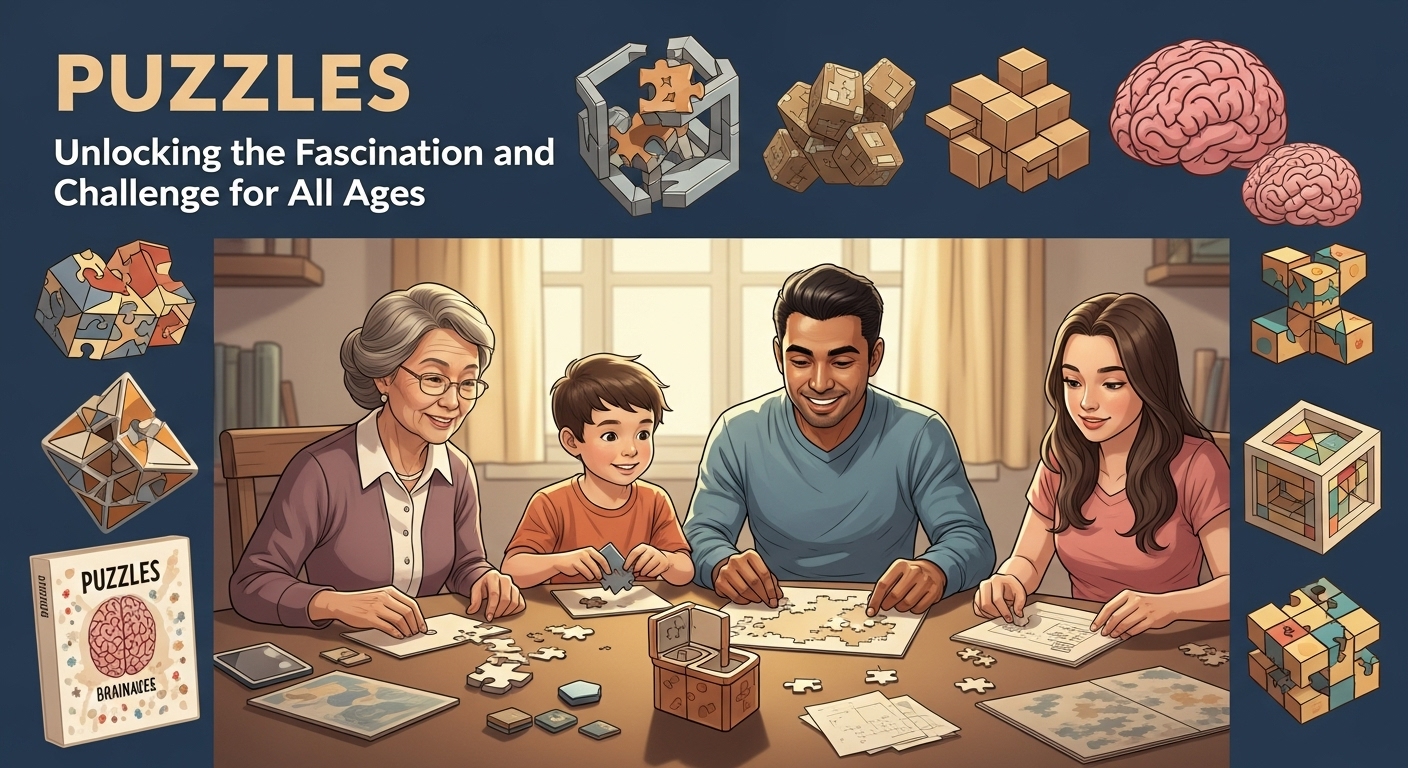Puzzle: Unraveling the Mysteries of Problem-Solving
In a world filled with constant stimuli and information overload, puzzles offer a unique opportunity to engage our minds in a focused and productive way. From jigsaw puzzles to crossword puzzles, sudoku, and brain teasers, these intriguing challenges have captured the imagination of people across cultures and generations. Let’s dive into the fascinating world of puzzles, exploring their history, significance, applications, and future trends.
### Unraveling the History of Puzzles
Puzzles have a long and rich history that dates back centuries. The earliest known puzzle dates back to the 3rd century BC, with Archimedes credited for creating one of the earliest mathematical puzzles. Throughout history, puzzles have been used not only for entertainment but also as educational tools to stimulate critical thinking and problem-solving skills.
In the 18th and 19th centuries, puzzles gained popularity as a form of entertainment among the elite. Mechanical puzzles like Rubik’s Cube emerged in the 20th century, captivating millions with their intricate designs and challenging solutions. Today, puzzles have evolved with the digital age, with a wide range of apps and online platforms offering a plethora of puzzles for enthusiasts to enjoy.
### The Significance of Puzzles in Modern Society
Puzzles play a crucial role in cognitive development, helping to improve memory, concentration, and problem-solving skills. Solving puzzles can also reduce stress and anxiety, providing a welcome break from the demands of everyday life. Whether working on a crossword puzzle to sharpen vocabulary or tackling a complex jigsaw puzzle to enhance spatial reasoning, puzzles offer a fun and rewarding way to exercise the brain.
Moreover, puzzles are not just limited to individual enjoyment. They can be a social activity, bringing people together to collaborate and bond over shared challenges. Puzzle-solving fosters teamwork and communication skills, making it a valuable tool in educational settings and corporate environments.
### Applications of Puzzles in Various Fields
The appeal of puzzles extends beyond leisure activities, finding applications in diverse fields such as education, psychology, and technology. In education, puzzles are used to enhance learning outcomes by engaging students in interactive and hands-on activities. They can be tailored to different age groups and subjects, making learning more enjoyable and effective.
In psychology, puzzles are utilized as diagnostic tools to assess cognitive abilities and problem-solving aptitude. Cognitive psychologists study how individuals approach and solve puzzles to gain insights into human intelligence and decision-making processes.
Furthermore, puzzles have found a place in the realm of technology, with algorithms and artificial intelligence being used to create and solve complex puzzles. From designing puzzle-solving robots to developing sophisticated encryption methods, puzzles continue to inspire innovation and creativity in the tech industry.
### Future Trends in the World of Puzzles
As technology advances, the landscape of puzzles is poised to undergo significant transformations. Virtual reality and augmented reality technologies are revolutionizing the way puzzles are experienced, offering immersive and interactive gameplay experiences. Gamification elements are being integrated into puzzles to enhance user engagement and retention.
Additionally, personalized puzzles tailored to individual preferences and skill levels are becoming increasingly popular. With the rise of online platforms and mobile apps, users can access a wide range of puzzles anytime, anywhere, catering to a diverse audience of puzzle enthusiasts.
In the future, we can expect to see a fusion of traditional puzzle formats with cutting-edge technology, creating new and exciting puzzle-solving experiences. The allure of puzzles as a timeless form of entertainment and mental stimulation ensures that they will continue to captivate and challenge us for generations to come.
### Conclusion
Puzzles have transcended time and culture, captivating minds and fostering creativity and critical thinking. From their humble origins to their modern-day applications, puzzles hold a special place in our hearts as both a source of entertainment and a tool for personal growth and development. As we navigate the complexities of the modern world, the simple act of solving a puzzle reminds us of the joy of unraveling mysteries and discovering solutions one piece at a time.



